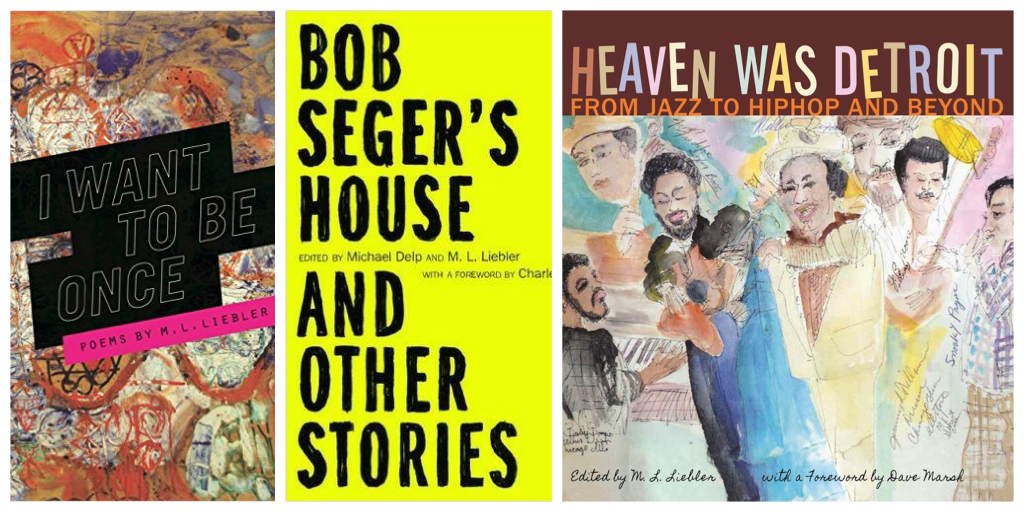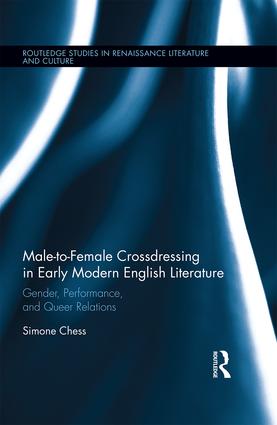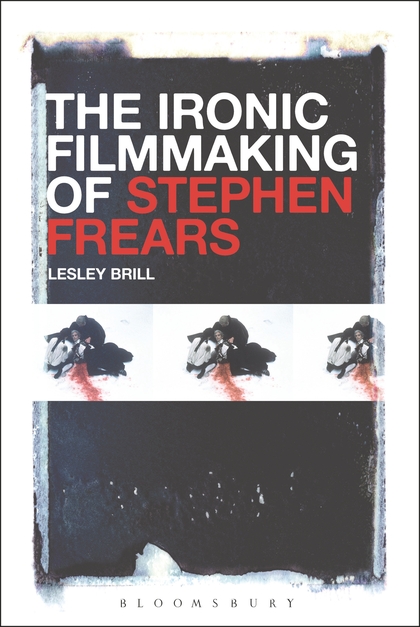English professors share new books and research
M. L. Leibler, senior lecturer at Wayne State University, has published three new books with the Wayne State University Press.
"I Want to Be Once" is M.L.'s latest book of poems, a combination of autobiography and commentary on current events. Bob Seger's House and Other Stories is a collection of twenty-two short stories by well-known Michigan fiction writers, celebrating with the tenth anniversary of the Made in Michigan Writer Series.
The Detroit music scene from the 1900s to today is captured in Heaven Was Detroit: From Jazz to Hip Hop and Beyond. Featuring essays from music writers, critics and recording artists, the anthology moves chronologically through the city's rich musical history.
"I Want to Be Once, Poems" by M. L. Liebler (Made in Michigan Series of the Wayne State University Press, 2016).
"Bob Seger's House and Other Stories," edited by Michael Delp and M. L. Liebler with a Foreword by Charles Baxter, (Made in Michigan Series of the Wayne State University Press, 2016).
"Heaven Was Detroit: From Jazz to Hip Hop and Beyond," edited by M. L. Liebler with a foreword by Dave Marsh (Wayne State University Press, September 2016).

Simone Chess, professor of English, has published a new book, "Male-to-Female Crossdressing in Early Modern English Literature: Gender, Performance, and Queer Relations" (Routledge, 2016).
 This book investigates fictional situations in which male characters dress as women; while there's been lots of attention to boy actors who played female roles, and to female characters who dress as men, male-to-female (MTF) crossdressers have been overlooked.
This book investigates fictional situations in which male characters dress as women; while there's been lots of attention to boy actors who played female roles, and to female characters who dress as men, male-to-female (MTF) crossdressers have been overlooked.
Chess argues that the queer gender presentation of MTF crossdressers is both relational and beneficial: it tells us not only about male and trans femininity, but also about the "queer relations" between MTF crossdressers and their partners, friends, and communities, and it also allows for positive representations of queer femininities.
Les Brill, professor emeritus of English and Film Studies at Wayne State University , has published a new book, "The Ironic FilmmakIng of Stephen Frears" (Bloomsbury, 2016).
, has published a new book, "The Ironic FilmmakIng of Stephen Frears" (Bloomsbury, 2016).
The Ironic FilmmakIng of Stephen Frears celebrates its subject with a general "Introduction" and analyses of ten of his films.
It argues for the coherence of Frears's oeuvre in his characteristic irony and his concentration on many different kinds of love. Frears creates vastly varied situations and characters in his films with consistent insight, skepticism and sympathy.